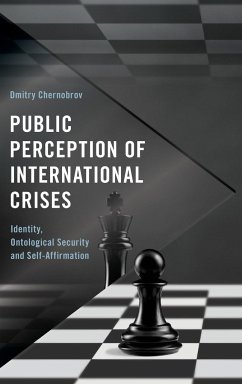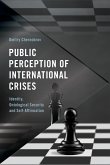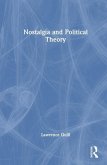Winner of the 2019 Edgar S. Furniss Book Award from the Mershon Center for International Security How do people make sense of distant but disturbing international events? Why are some representations more appealing than others? What do they mean for the perceiver's own sense of self? Going beyond conventional analysis of political perception and imagining at the level of accuracy, this book reveals how self-conceptions are unconsciously, but centrally present in our judgments and representations of international crises.Combining international relations and psychosocial studies, Dmitry Chernobrov shows how the imagining of international politics is shaped by the need for positive and continuous societal self-concepts. The book captures evidence of self-affirming political imagining in how the general public in the West and in Russia understood the Arab uprisings (also known as the Arab Spring) and makes an argument both about and beyond this particular case. The book will appeal to those interested in international crises, political psychology, media and audiences, perception and political imagining, ontological security, identity and emotion, and collective memory.
Bitte wählen Sie Ihr Anliegen aus.
Rechnungen
Retourenschein anfordern
Bestellstatus
Storno








